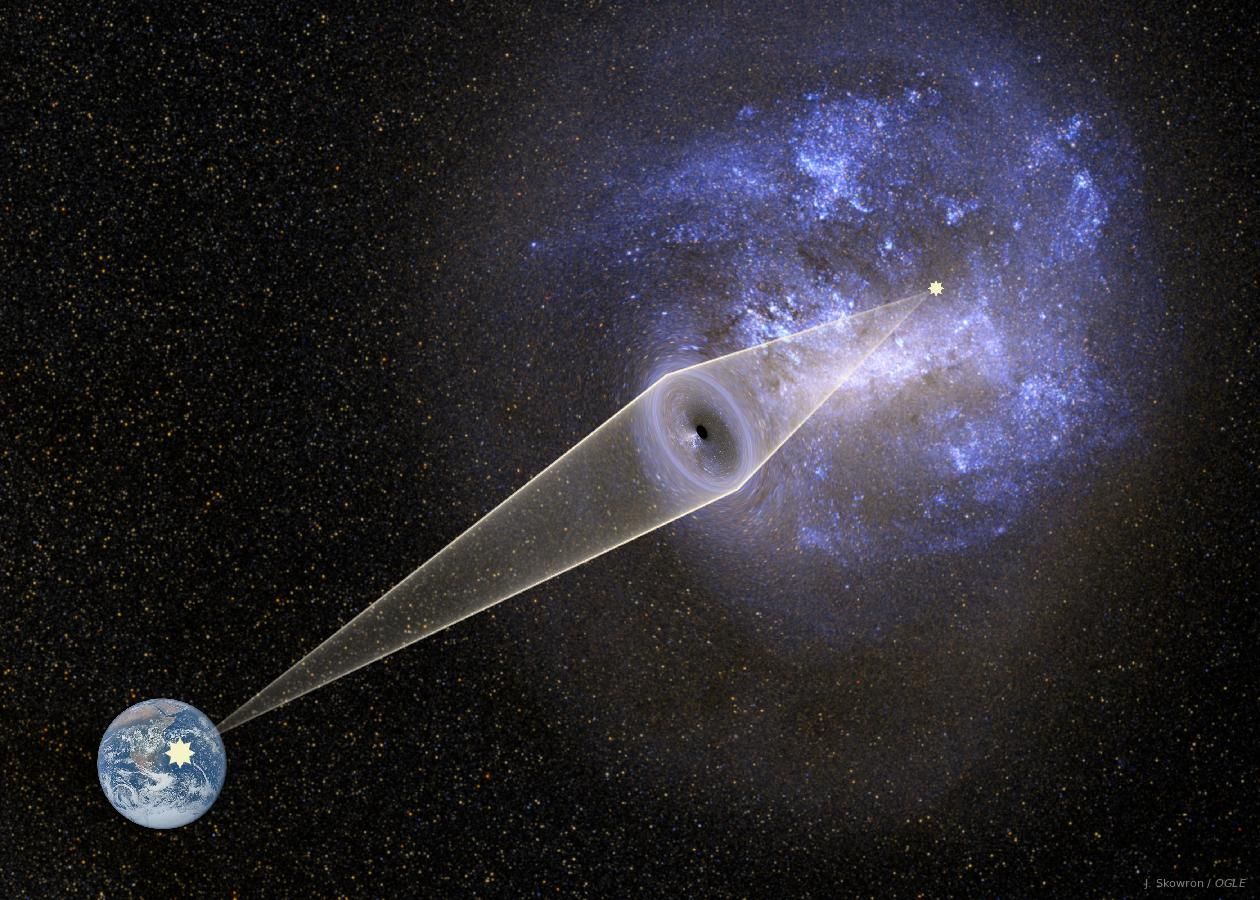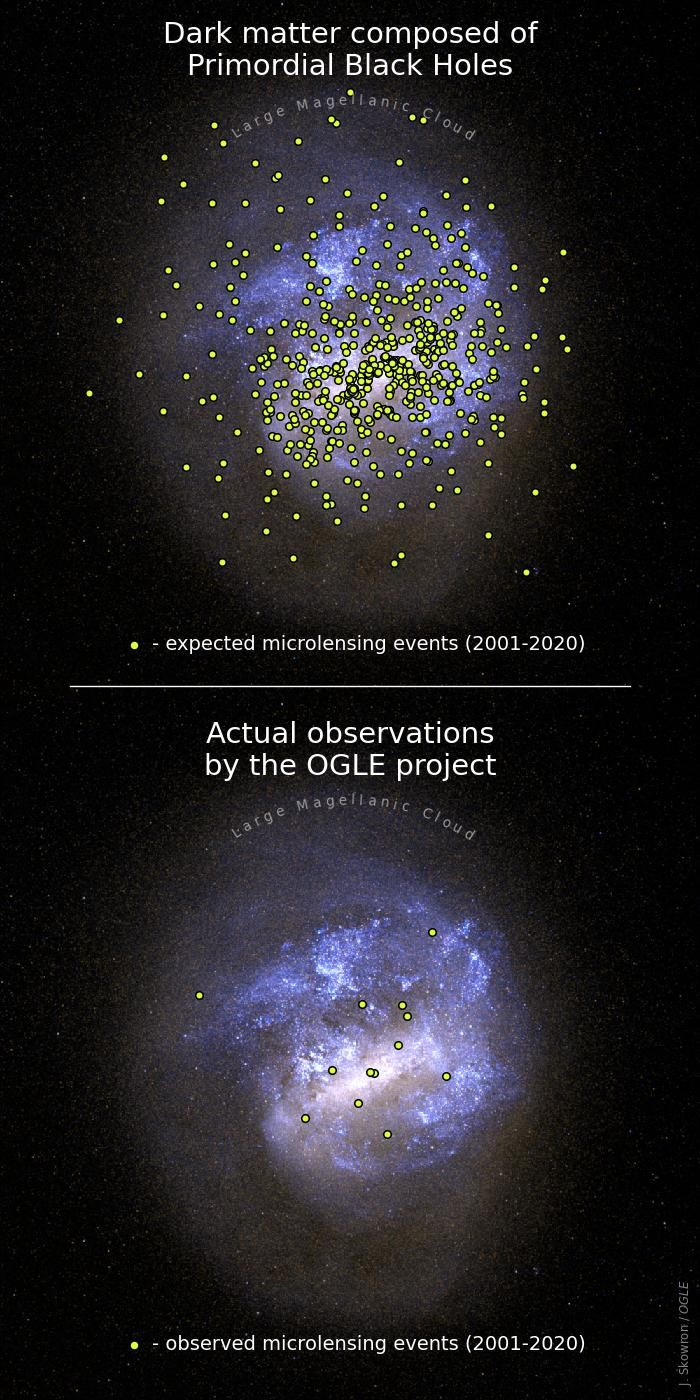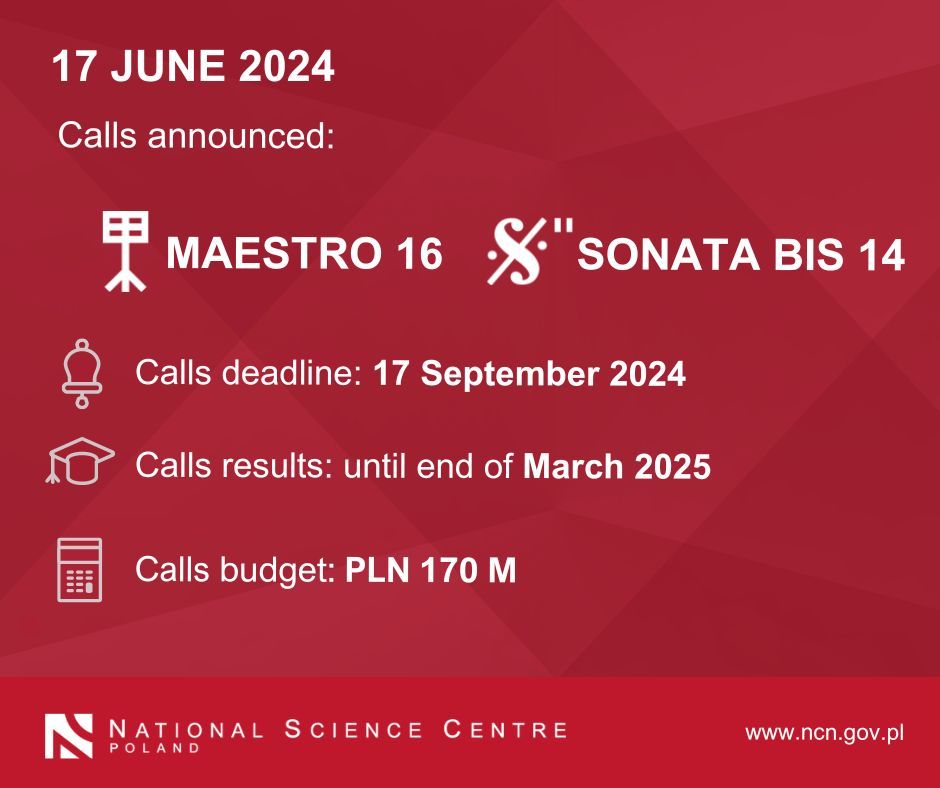“I came from the debate feeling really reassured, because it seemed to me that the NCN had thought through its principles really well”, says Michał Żmihorski. “The fact that the NCN decided to host the meeting at all shows that it is open to voices coming from the scientific community, which is not necessarily an attitude typical of many public institutions in Poland”, adds Wojciech Jasiński.
Researchers from different centres took part in a meeting held on 4 June in the headquarters of the NCN in Kraków, where they were joined by NCN Council members and employees to discuss the role of the NCN and basic research funding. More specifically, the panellists addressed the NCN call portfolio, proposal and peer review procedures, grant spending and billing, open science, and grant-related team employment and remuneration policies. They also touched on the role of the NCN in the broader research and higher education system, its cooperation with other institutions and the need for regular increases in its budget.
We asked five participants for their feedback. Here are some important insights from Wojciech Fendler, Wojciech Jasiński, Magdalena Stobińska, Artur Obłuski, and Michał Żmihorski.
How do you rate the meeting? Which threads of the discussion did you find the most important?
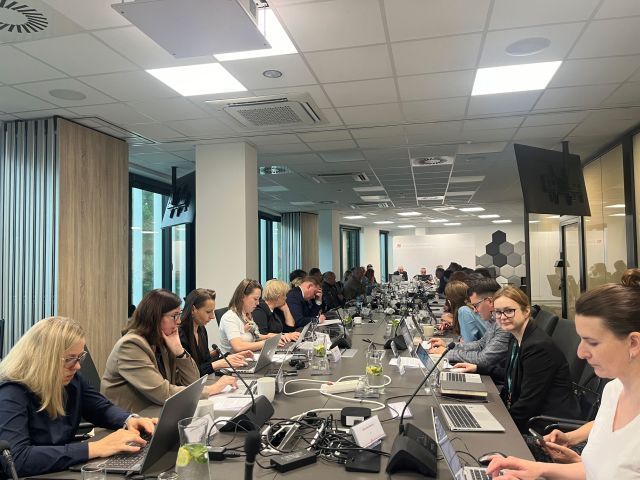 Meeting at the NCN headquarters, 4 June 2024
Meeting at the NCN headquarters, 4 June 2024
Prof. Magdalena Stobińska, specialised in quantum technologies, quantum optics and quantum information, University of Warsaw
One theme revolved around the fundamental question of NCN policy: whether its grants should be elitist or egalitarian or, in other words, whether we should invest in science done by experienced scientists at top research centres or strive to raise the level of Polish science evenly, as a whole.
Poland has a huge research potential, but it is underfunded. In general, we should follow the example of developed countries and bet on the best of the best, on people who have completed international fellowships, already have large networks of contacts and enjoy community recognition. But there should also be a way to offer a chance to gifted researchers who, for various reasons, have not followed a typical research career path. At every career stage, there should be an option that would allow them to “enter the system”, without any limits as to age or years that have passed since earning a PhD.
The other theme had to do with the need to increase funding for Polish research if we want to be competitive in the world. We need to think, for instance, about how to attract graduates from top European or American universities. We need to be able to offer salaries that would ensure a decent standard of life for them and their families. Researchers from top research centres would arrive here with their contacts and their know-how; this would be an investment in Polish science.
Prof. Michał Żmihorski, specialises in land ecosystem ecology and science-based environmental protection, Mammal Research Institute, Polish Academy of Sciences, Białowieża
Being able to take part in the debate was already interesting enough. I was positively impressed by how thoroughly the panellists set about analysing different ways to address moot issues. It was evident that the NCN Director and the NCN Council are very knowledgeable about similar grant agencies abroad and they explained clearly and convincingly why the NCN had adopted some solutions and not others. I came from the debate feeling really reassured, because it seemed to me that the NCN had thought through its principles really well.
If I were to name the themes I was particularly interested in, I would probably mention the call for a more liberal assessment of how the grants have been used (for example, how closely the products of a project should be linked to its initial theme) and the issue of Open Access. I’m happy to see a mounting criticism of such high fees for open access publications.
Prof. Wojciech Jasiński, specialises in criminal procedure, law of evidence and human rights in criminal proceedings, University of Wrocław
Generally speaking, the fact that the NCN decided to host the meeting at all shows that it is open to voices coming from the scientific community, which is not necessarily an attitude typical of public institutions in Poland. On the one hand, this culture of openness sensitises the NCN to community voices who, after all, are the voices of those who benefit from its resources but, on the other, also allows the community to understand certain (institutional, financial, etc.) limitations faced by the NCN, which are not normally raised in public discourse, but which mean that even rational requests of reform will occasionally come up against implementation stumbling blocks.
Second, the meeting showed that the problems faced by grant applicants and holders vary across different disciplines (HS, NZ, ST). Accordingly, in its grant policy, the NCN needs to make choices that are always bound to seem unconvincing to some. It is also a good idea to ask whether grant requirements should be the same across the board or perhaps they should vary, and if so, to what extent?
Third, I think that the debate showed that the NCN will not be able to meet all the reasonable expectations of the research community on its own. Disagreements over whether it should fund only calls for proposals targeted at a wide audience of researchers or bet on, e.g. centres of excellence, whether its calls should be elitist or egalitarian, whether it should support basic or applied research (assuming that this distinction should matter at all) or if there is any room for funding high risk high gain projects, clearly showed that Poland needs a sensible research policy vision at the level of the Ministry of Science and Higher Education, coupled with an adequate institutional system. We need to think about whether and how we could synchronise the actions of the NCN with those of other institutions (NCBR, ministerial programmes) within the framework of a broader national system, as well as with fund allocation schemes and opportunities for external funding. Even though the NCN has taken some action in this area (e.g. creating joint programmes with other institutions), without institutional support and a sensible research policy, it won’t be able to succeed on its own.
What are your expectations of the NCN? What role should it play in the research system as a whole?
Prof. Wojciech Fendler, Medical University of Łódź, set to take over as the President of the Medical Research Agency in July
The way I see it, the grant system is crucial for motivating researchers to take risks and put forward ambitious hypotheses. It cannot be the sole source of research funding, but neither should it be a marginal addition to subsidies (this model fails to provide incentives for risk-taking and growth). If we were to imagine the research support system in the form of a pyramid, the subsidies should lie at the base. Weaker teams that are just starting out or work in smaller centres should have access to some form of seed grants. Up a notch, there would be the NCN, with its mission to support good and very good projects. And at the top of the pyramid, we would see the sources of funding with a very low success rate, targeted only at the very best research teams and high-risk projects that require well-organised structures and experience (ERC, FNP). I also anticipate an important role for foundations and societies: every year, for instance, the Polish Diabetological Society awards 3-5 grants to young researchers. Many of the winners then go on to secure grants under NCN’s PRELUDIUM and NCBR’s LIDER schemes or more “grown-up” calls. This domain-focused, targeted support allows us to support individuals who already have the potential but still lack the organisational culture or recognisability to break through the 10% success rate at the NCN. Generating preliminary results, gaining project experience and publishing a paper gives them the wherewithal to later join the mainstream of NCN-funded projects.
Michał Żmihorski
My main expectation has to do with priorities: what I find particularly important is that the NCN should never compromise on scientific excellence in its strategy or action; scientific excellence should remain the supreme goal in its work. After the meeting in Kraków, I got the impression that this is what they are doing.
Magdalena Stobińska
Personally, I would expect more flexibility, both at the application stage, e.g. simpler forms, and during the grants phase proper. Following the ERC model, a grant should be tied to the researcher, so that they can change their project location or even transfer an entire team. Also, similar to new European grants, the NCN should introduce a flat fee, a so-called “lump sum”, that could be spent by principal investigators without the need to account for its use in detail.
I would also want the NCN to abolish the cap on the maximum number of grants headed by one researcher. Of course, principal investigators should be held accountable for a diligent performance of each contract. Sometimes, however, they need to follow different paths, e.g. fund a research team or international cooperation and, at the same time, purchase research equipment from another grant. But I understand this is a temporary situation due to insufficient funds.
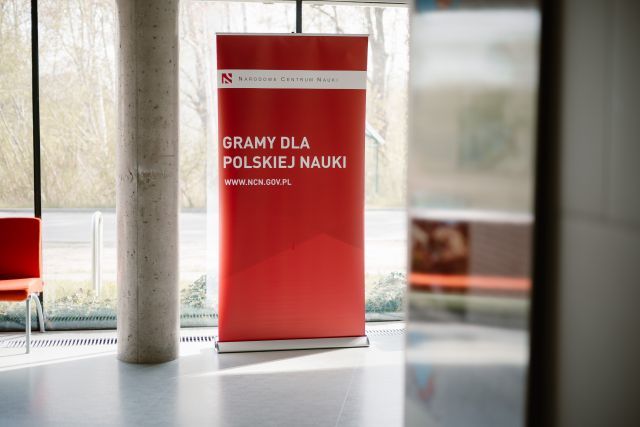 At many points in the discussion, opinions were clearly divided; there were, for instance, disagreements as to whether the NCN should be more elitist or more egalitarian.
At many points in the discussion, opinions were clearly divided; there were, for instance, disagreements as to whether the NCN should be more elitist or more egalitarian.
Michał Żmihorski
Opinions will always be divided, because there is no system that can satisfy all actors from all the disciplines of science. These differences of opinion over many issues are not alarming. My takeaway from this diversity of opinion is that we should allow researchers to take various paths to scientific excellence, because they are all different and their disciplines have specific concerns.
Wojciech Fendler
I don’t understand why we should support average research centres just because they exist and need our assistance. If a research centre has 2 or 3 good teams, rather than stubbornly trying to raise its overall level, it would make more sense to support researcher mobility or consolidate teams into IRAs or other structures. Today, we simply cannot afford to support weak institutions and even if we could, resources for such groundwork should come from subsidies rather than calls for proposals, which should be reserved for the best.
What should the NCN take away from the debate? What changes and improvements should it make?
Prof. Artur Obłuski, archaeologist, interested in Nubian studies and monasticism, University of Warsaw
Improvements? This, of course, depends on priorities. For me, one such priority is to give young researchers the best chance of achieving research independence. Of course, this is why PRELUDIUM grants are crucially important, because they usher young people into the system of independent research. I think that SONATINA and SONATA calls could be reformed. While I think researcher mobility is important, in the current economic situation, with current home rental prices, the NCN will simply not have enough resources to ensure a decent living standard, e.g. for a young PhD holder who needs to relocate to Warsaw. At the same time, we cannot allow a two-year gap in the career of researchers who have just earned their PhD. So it makes sense to move funds from SONATINA to SONATA and extend the duration of the latter by two years; you would be able to apply for a SONATA grant a day after earning your PhD and for up to 7 years after that.
Wojciech Jasiński
On a more detailed level, what I found very valuable was our discussion of how we could optimise the fund allocation system so as to make sure resources would not flow exclusively to researchers who have already acquired a certain renown in the community, but also to those who are still building their international renown. This was the tenor of the debate on the MINIATURA call and how it can be reformed to give a chance to more elaborate projects that could accelerate research careers. Another important theme was NCN’s key policy of funding young researchers. It is worth emphasising that the panellists didn’t just air their subjective intuitions, experiences and expectations, but heavily relied on hard data on the level of NCN funding in various calls, success rates and repeat application rates. This reassures me that the postulates of the research community will be thoroughly analysed and taken into account before any future grant system reforms.
It seems that everyone agreed on only one thing: NCN funding. What actions should the research community take? How can we work together in this context?
Magdalena Stobińska
Poland has a very high intellectual potential and the prosperity of our country can be based on knowledge and innovation. This is especially true of STEM disciplines, e.g. computer science, including artificial intelligence, physics, mathematics, cryptography, where we have a longstanding research tradition and excellent people, and no particularly elaborate infrastructure is required. But we need to prevent a brain drain and create the conditions for ideas to be converted into startups and industrial innovations.
I believe the research community and the NCN should speak in unison, calling for greater state spending on science.
Michał Żmihorski
The research community, including the NCN, could be more present in the media. I see a great potential here for increasing the pressure on politicians and state officials; I am personally active on social media and even though they take a lot of time and mental energy, they are a really effective communication channel where you can really have your voice heard. Another good idea is to try to reach out to students with knowledge about how research funding works, so that, apart from learning factual knowledge, they will also understand how that knowledge is created. This area is still plagued by many harmful myths, and it is important to neutralise them so as to build up social support for basic research funding.
Wojciech Fendler
We should be aiming to ensure that the share of grants increases in the funding system and that it is seen as the main path to individual growth, even if it happens at the expense of basic funding. It would make sense to move some NCBR resources to the NCN. The NCN seems more effective at spending them, and without good basic research, any investment in R&D seems pointless anyway. Cooperation between research-funding agencies should also be improved; the Medical Research Agency is ready for the challenge and we have now resumed the talks around translational projects that were suspended in 2022.
Artur Obłuski
European case studies clearly show that every euro invested in science generates 10 euros more. We should be investing in research infrastructure because it will attract foreign researchers and companies that invest in research and development. The Minister of Science and Higher Education should announce his own strategic investment plan and set aside funds to set up and ensure the stability of research teams and centres in priority disciplines for the next 10-15 years. This ministerial programme could be modelled on NCN’s Dioscuri, but with a better budget.
However, most importantly, the budget of the NCN should be doubled. If we don’t increase research funding, our country is bound to become a mere consumer of knowledge and goods produced by others. By doubling the budget, we will enable our scientists to stay in the vanguard of global research in many disciplines and make sure the Polish people remain competitive. The NCN is a beacon that shines the light of top-quality science and it needs to be allowed to grow. This is what allows the best Polish scientists to develop their careers.
Feedback collected by: Anna Korzekwa-Józefowicz


